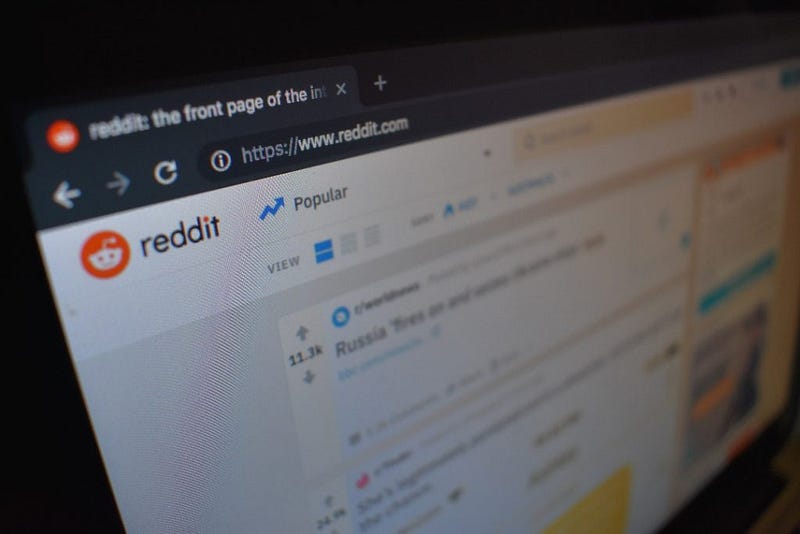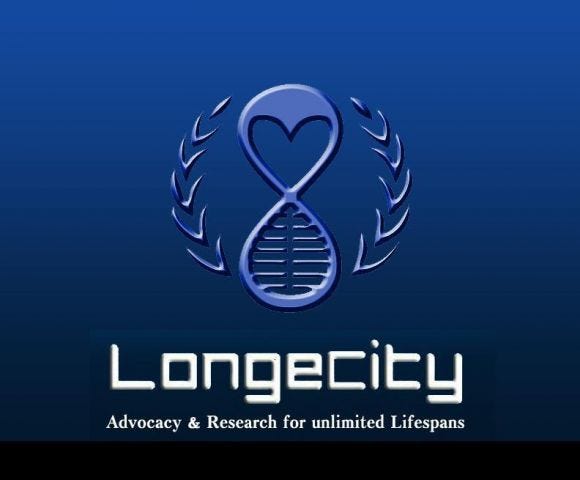Limitless. Transcendance. The Matrix. Pop culture is rife with people manipulating their own minds and becoming something more than what they are. But it turns out that brain hacking doesn’t just stop at showbiz — it’s now taken a life of it’s own, and communities all over the world are coming together to share the best ways to tinker with their respective minds.
It’s a quiet idea, but one that is slowly invading all parts of society: that, more than just upgrading what you know, you can now upgrade how you think. Entirely new fields of study have been created to deal with the consequences. Neuroethics, for example, studies the personal and societal implications of widespread use of cognitive enhancement and brain-computer interfaces — and it didn’t exist until a handful of years ago.
Clearly, this isn’t science fiction anymore. This is something you can take at University. And non-accredited individuals all over the world have taken note, creating hubs of cognitive commerce, discussion marketplaces, and brain hacking organizations.

Like with so many hobbies and fields of study, Reddit has created a superhive of cognitive enhancers looking and discussing the various strategies available to upgrade the mind.
There are long posts detailing monthly journeys of micro-dosing magic mushrooms that receive hundreds of upvotes. Other posts applaud several elderly men, who, after taking modafinil for the first time (a controlled substance in the United States) feel “young again”. The community is constantly evolving and creating new methods to better the mind — and if you’re a fan of brain-hacking, then this Reddit community is probably your best bet for novel, cutting edge secrets on improving cognition.
But there are also many posts, less upvoted, that discuss the side effects of these treatments and drugs. Some complain about a constant, muddy fog that now impacts everything that they do. Others struggle with insomnia or even dissociation. These receive less attention, presumably due to their negative nature, but they exist — so much so that one post went as far as to call the community reckless as ****.
The interesting thing about Reddit in general is the diversity of opinions available. For every drug recommendation post, there is a counter-recommendation post. For every comment describing the wondrous benefits of a new research chemical, there is one detailing its horrific side effects. This discussion allows the community to self-moderate and temper some of it’s more extreme brain hacking, arriving at a consensus that is generally accepted and, in all honesty, probably better for your health.

LongeCity describes themselves as the place for “Advocacy and Research for Unlimited Lifespan”. Their users believe strongly in the prospect of technologically-granted immortality, and many threads are created on a weekly basis discussing the best ways to contribute and further their cause.
LongeCity also hosts a sizable nootropics community, affectionately referred to as their Brain Health forum.
In many ways, it’s like Reddit’s /r/nootropics: free speech provides a smattering of experiences, both positive and negative, with most drug recommendations. There are quasi-clinical trials, with users detailing their drug-taking journeys over the periods of weeks and months, as well as other posters linking recent scientific studies on novel drugs and brain hacking opportunities.
However, most would probably consider LongeCity substantially more extreme, with posts like ‘results of my 5.5 years of injecting exogenous GDF11’, or ‘why GTS-21 is the ONLY nootropic worth taking’ receiving glowing praise. These numbered research chemicals dominate typical headlines, and every few months, it seems like a new ‘ABC-123’ is the next big thing.
It makes sense — people seek answers to their problems, and many of these drugs look great on paper. But not all chemicals can be fully vetted prior to public consumption, and the long-term consequences of frequent use are either unknown or simply impossible to predict. There are many users that have likely caused long-term damage to their brains or bodies as a result of one too many self-experiments.

Something that most people don’t realize is that many brain hacking nootropics fall prey to substantial placebo effects. Placebo is already a significant factor in most non-cognitively-related studies, but when the drug being scrutinized is one that is proposed to have explicit effects on your cognitive well-being, it’s easy to mix feeling with fact. I wouldn’t be surprised if many community members, both on LongeCity and Reddit, fall prey to this phenomenon as well.
Instead of actually improving your cognition, for example, it could be that your increased state of vigilance and self-monitoring contributes to better reports of focus and productivity. Because you’re more present as you try and analyze the effects of a nootropic, you feel substantially better and clearer than normal. You then attribute this clarity to the nootropic instead of your vigilance.
That being said, many of these cutting-edge research chemicals and nootropics likely do improve your cognition. It’s simply the degree to which they boost your brainpower that is exaggerated by community members due to placebo.
In reality, I suspect that we have substantially more power over minds than most people think. What many commonly refer to as brain fog can probably be eliminated without the use of drugs — most people’s belief systems are simply predisposed to thinking that they need an exogenous substance to alleviate their problems. After all, natural methods of cognitive enhancement like meditation have been used for thousands of years to great effect, and they require nothing but your brain and a bit of hard work.
Recent years have seen an explosion in the prevalence of brain hacking and cognitive-enhancement communities. People from all over the world have come together to provide case studies, discussions, and new ideas to help each other improve their mental functioning and transcend their limits.
Contrary to popular belief, many of the people that self-identify as brain-hackers aren’t the nutjobs or oddballs you’ve probably seen on TV. They’re regular people like me and you. They go to work, come home, see their families, and spend their free time working on their hobbies and projects.
It’s just that their hobbies don’t involve car engines or basketball — they involve the human brain and exogenous chemicals.
To these communities, enhancing your mind isn’t just a movie or a plot point. It’s a recipe for a better future, where nootropics, brain stimulation, and biofeedback reigns supreme. Since the dawn of time, human beings have always striven to elevate their condition — how is this any different?






